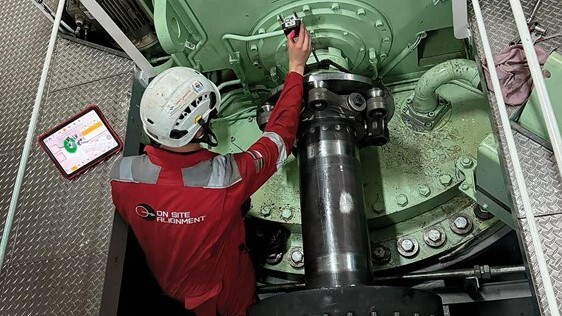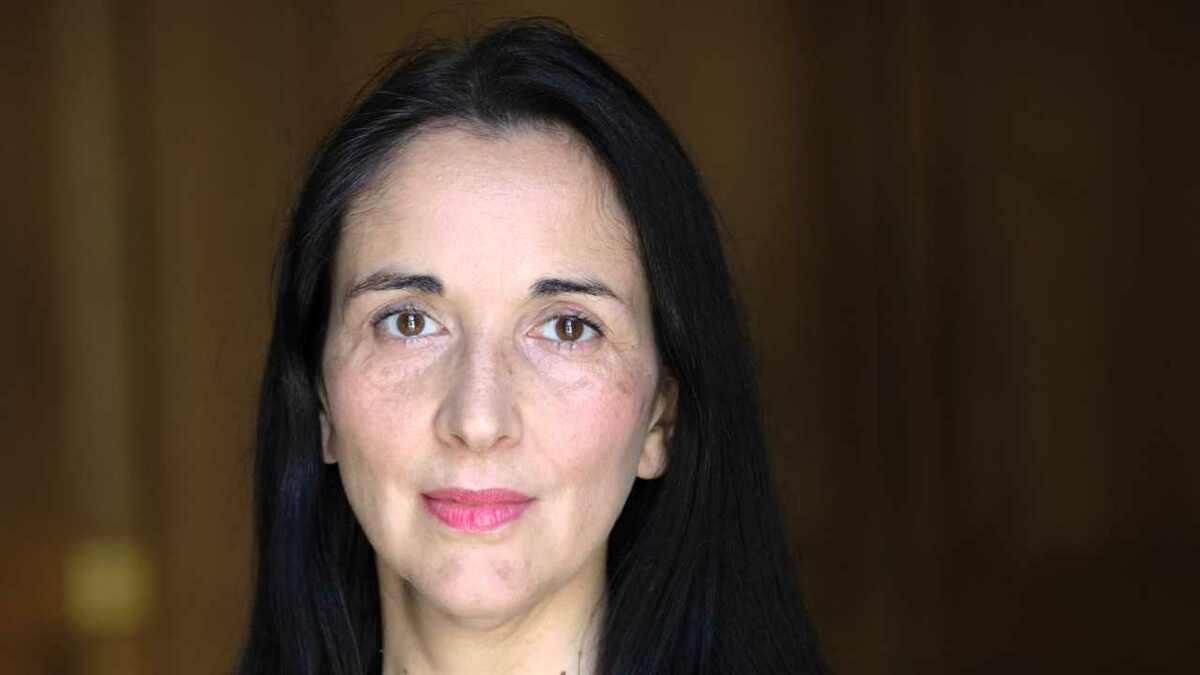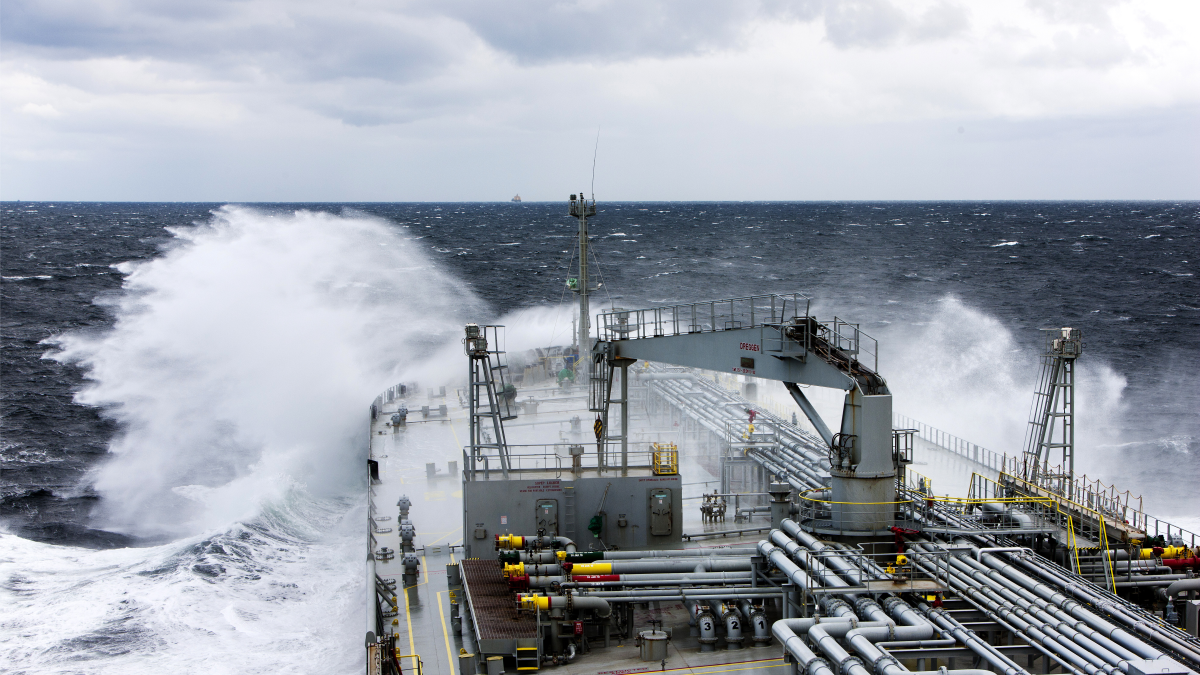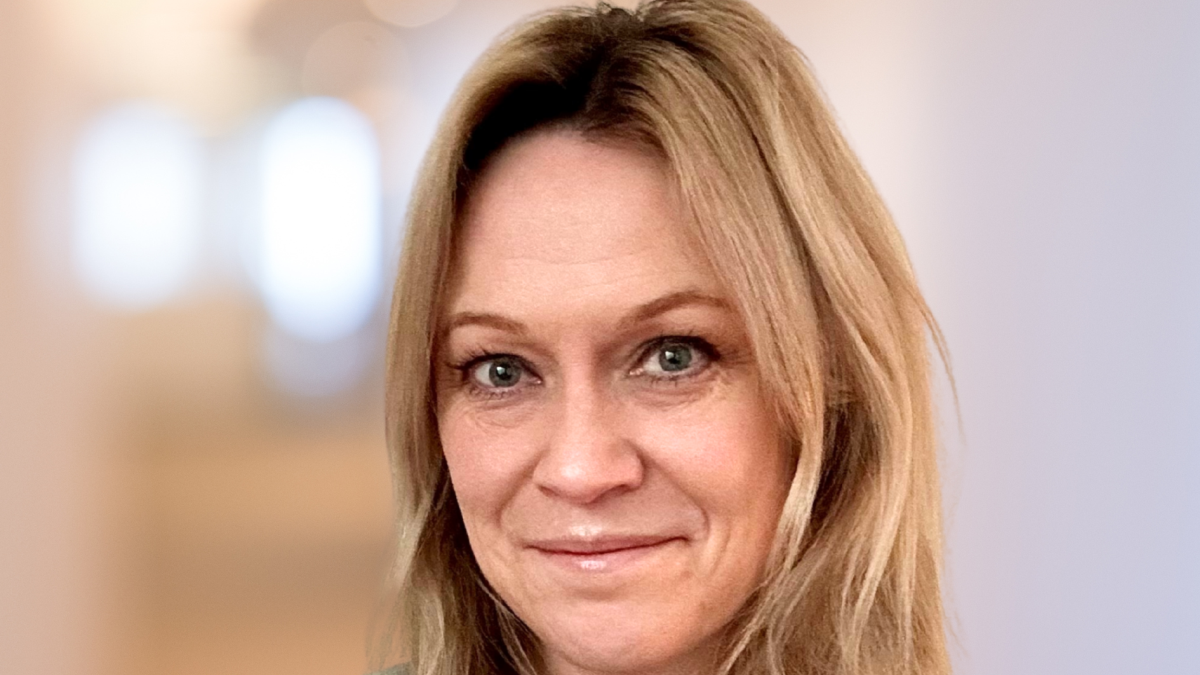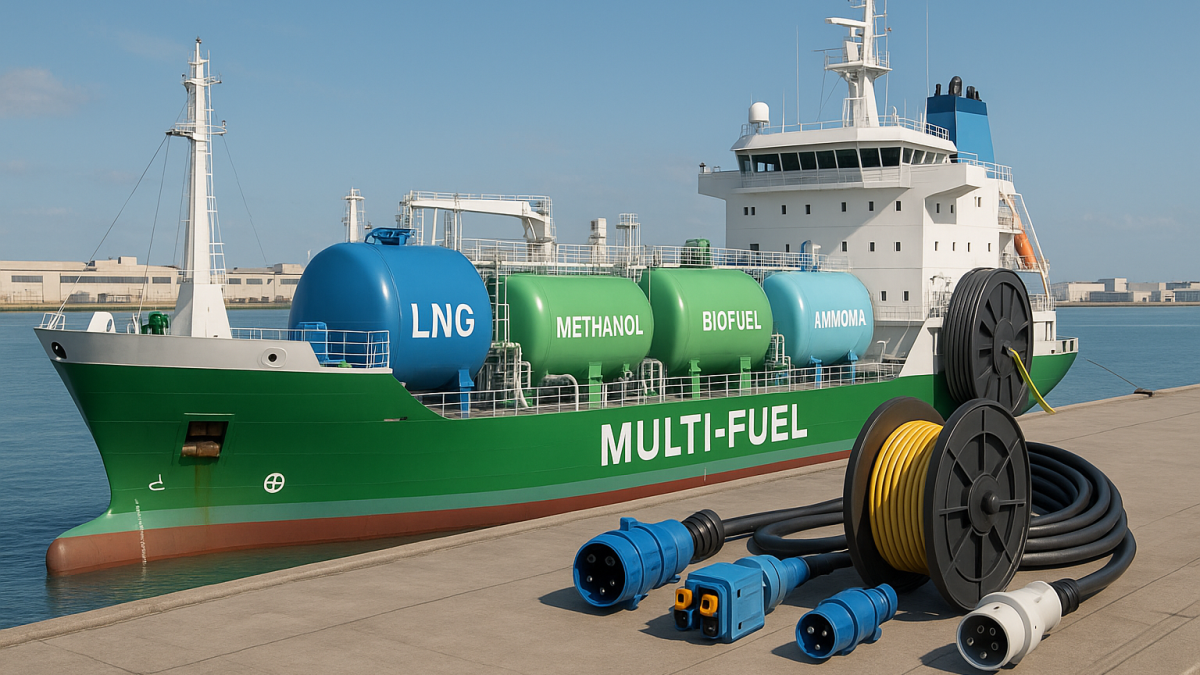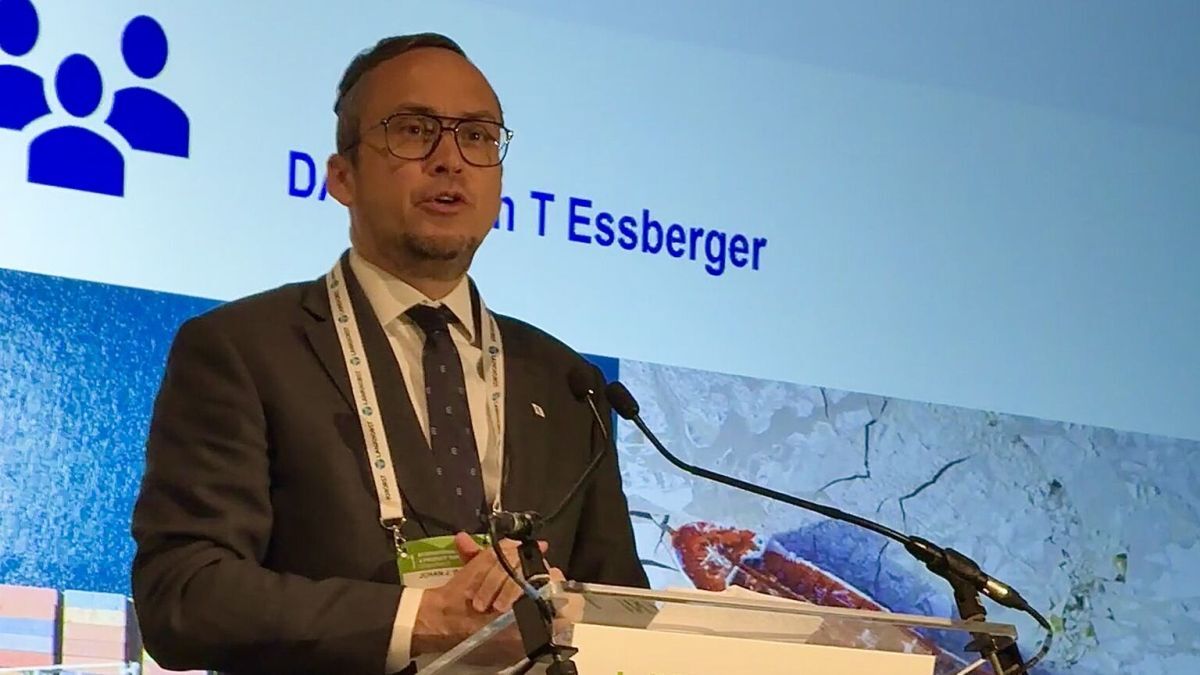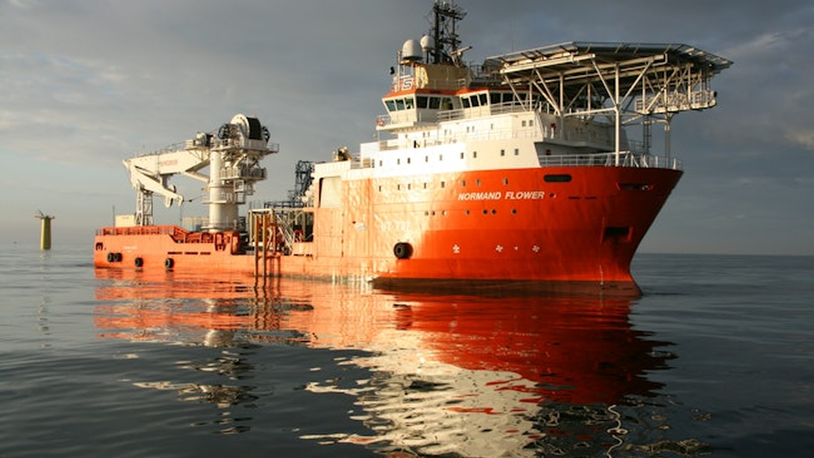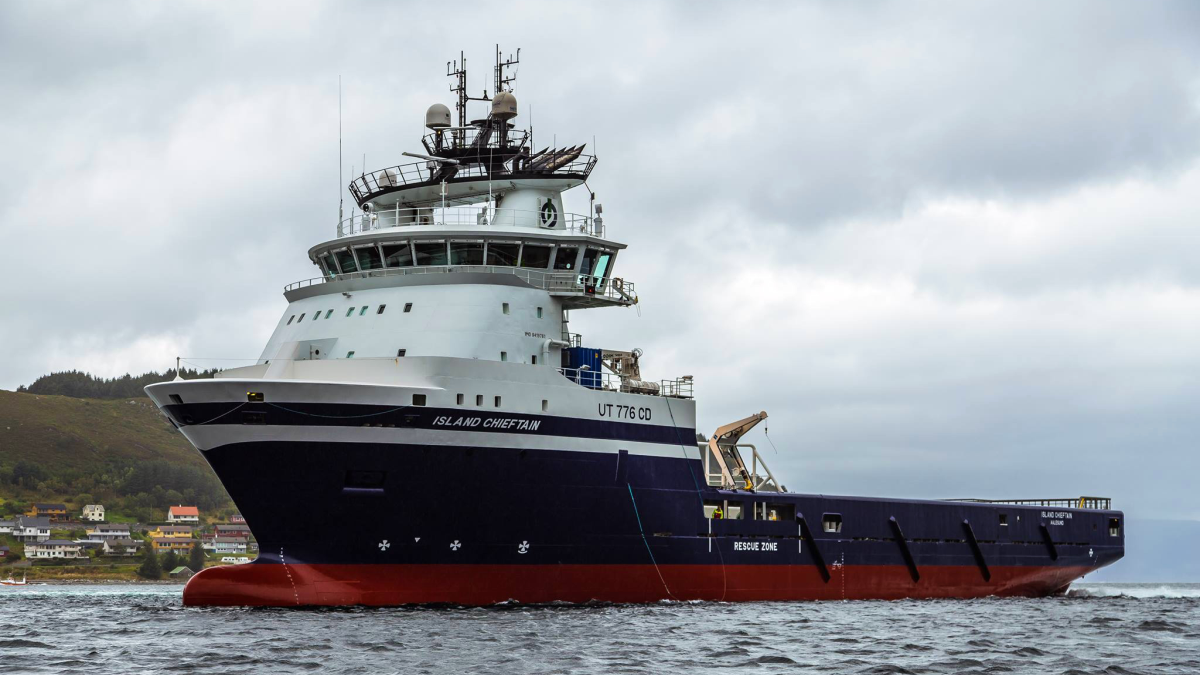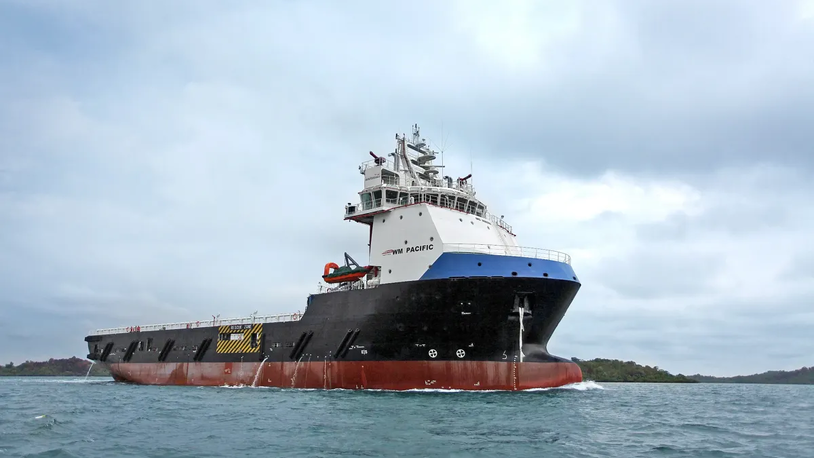Business Sectors
Events
Contents
Day of the Seafarer: Eva Peño: a passion for solving class challenges
Bureau Veritas’s Eva Peño explains what projects and experiences drove her to lead the team overcoming maritime technology and classification challenges
Bureau Veritas’ Eva Peño has risen to a prominent position in maritime and offshore as a global market leader for offshore support vessels (OSVs) and tugs. She attributes this rise during 17 years of working in the French classification society to her passion for improving maritime safety and protecting the environment.
Ms Peño told Riviera Maritime Media she enjoys helping the global shipping industry to understand how new technologies, such as digitalisation, will “shape the way ships will be built and operated in the future” and “turning insights into solutions” for owners.
This energy and desire propelled Ms Peño onwards from starting out in Madrid, to leading an international business development team from Bureau Veritas’ Paris head office. “I lead the activities driving the implementation of key account strategy and steering the development of new services and standards,” she said.
Her team has developed rules and guidelines to improve safety and efficiency in towage and reduce marine pollution. For example, Bureau Veritas worked with naval architects at Robert Allan to design an LNG-fuelled escort tug for Østensjø’s marine services at Equinor’s LNG production and export terminal in northern Norway.
It is more than just working with rules and standards for Ms Peño, although she admits she is passionate about them.
“Working for a classification society is rewarding,” she said. Working at Bureau Veritas means “contributing to ensure a safe environment for people working on board ships, sometimes in really harsh conditions,” she continued. It also means “putting in place measures to limit marine pollution”.
Teamwork is also important. “Working hand-in-hand with a group of multi-cultural, multi-disciplinary people to contribute to the overall success of the company,” she said, is a daily driver.
Career building blocks
Ms Peño’s fascination for Lego as a child led to her excitement in building teams and for marine engineering.
“What I enjoy the most about working at Bureau Veritas is having the possibility to build partnerships with our clients to support their projects and finding profitable ways to understand their needs,” she said. “I enjoy turning our insights into solutions to ensure our clients achieve their objective without compromising the safety of people on board.”
Her appetite for building means Ms Peño relishes new challenges. “I still get excited when I hear about a new project,” she explained.
She also enjoys travelling around the world to speak at key conferences and events, such as her regular slot at Riviera Maritime Media’s Offshore Wind Journal Conference or Annual Offshore Support Journal Conference in London in February each year.
At this year’s Offshore Wind Journal Conference, Ms Peño explained how class is working with IMO to develop a code that addresses a gap in safety regulations regarding transporting technicians or industrial personnel who work on offshore wind installations and in other sectors.
She said the objective of this code is to provide a common international framework covering all industrial personnel to ensure their personal safety. This code could come into effect in 2024.
Her global travel enables Ms Peño to develop new relationships and learn more about Bureau Veritas’ clients’ needs and expectations.
Digitalisation advances
Her excitement about the future of maritime operations comes out when she talks about technology trends.
“The shipping industry is undergoing a thrilling transformation towards digitalisation,” she explained. “New technologies, such as innovative propulsion or condition-based maintenance strategies, are gaining momentum by the day.”
Ms Peño’s position at Bureau Veritas involves helping clients to understand which new technologies will improve their operations, reduce fuel consumption, enhance offshore and maritime safety and deliver opex savings.
“These new technologies represent a turning point that offers enormous opportunities in terms of cost optimisation and emissions reduction for our clients, but at the same time confronts the industry with new challenges,” she said.
Bureau Veritas worked with tug owners, builders and naval architects to develop a green tug design, which incorporates hybrid propulsion with fuel cells and batteries. This 32-m tug was designed for harbour operations with around 60 tonnes of bollard pull.
Ms Peño thinks classification societies should ensure a consistent, interdisciplinary collaboration of all involved participants to help shipowners “make the most of the new technologies in a safe manner”.
An example is the co-operation between Bureau Veritas and Bourbon Offshore deploying digitalisation and further automation on OSVs. This led to improvements in remote vessel monitoring, changes in dynamic positioning provision and reductions in operating costs.
A lifelong learner
Being an integral member of the classification society team gives Ms Peño plenty of opportunities to learn new skills and experience challenges.
“My curiosity drives me to be a lifelong learner,” she said. Ms Peño has developed a variety of skills while holding technical and project management positions in the organisation.
She comes across as a positive role model in maritime, towage and offshore, attributing her positivity to following wise words from historical leaders. For example, she quotes Winston Churchill to describe her thought processes and own career strategies.
Mr Churchill’s quote: “A pessimist sees the difficulty in every opportunity; an optimist sees the opportunity in every difficulty” brings her encouragement. “Being a positive person, I completely stand up for that quote as I realised how true this is when working at Bureau Veritas,” she said.
In this, Ms Peño has used the experience of overcoming client challenges to help develop and deliver new valued solutions. She provided the following example.
“A few years back, we received an urgent phone call from a client facing a very difficult situation. A port denied the entrance of the client’s ship because of a problem with the transported cargo. Thanks to a very reactive team, the problem was solved without any negative impact on the ship operation.”
There is the challenge and the solution. And here is the opportunity. “Facing this difficult situation gave us a great opportunity to think about developing a tool to avoid this kind of problem in the future,” said Ms Peño.
This resulted in the Veristar dangerous goods and bulk service being developed. “Starting from a blank whiteboard and setting a working group, we transformed this into something valued by our clients, which was a rewarding experience.”
Ms Peño gained a great deal of experience from this process.
“From a personal point of view, contributing to the development of this tool gave me a formidable opportunity to improve my technical skills about the transport of dangerous goods, develop my capacity to work as a team and allowed me to learn from people with a different background.”
This philosophy continues to this day as Ms Peño has led her team to develop rules and standards for emerging maritime markets and technologies. In terms of improving the safety of towage and operating offshore support vessels for oil and gas and renewables sectors, “It is about ensuring our clients achieve their objectives without compromising safety and helping to protect the planet,” she concluded.
Snapshot CV: Eva Peño
Eva Peño is the global market leader for tugs and offshore support vessels at Bureau Veritas. She has more than 17 years of experience at Bureau Veritas where she has helped to implement key account strategies and develop new services and standards.
Ms Peño joined Bureau Veritas in 2001 after obtaining a degree in nuclear technology from the Escuela Técnica Superior de Ingenieros Navales in Madrid, Spain. Since then, she has held technical and project management positions in Madrid and Paris.
Related to this Story
Events
Maritime Environmental Protection Webinar Week
Cyber & Vessel Security Webinar Week
The illusion of safety: what we're getting wrong about crews, tech, and fatigue
Responsible Ship Recycling Forum 2025
© 2024 Riviera Maritime Media Ltd.

